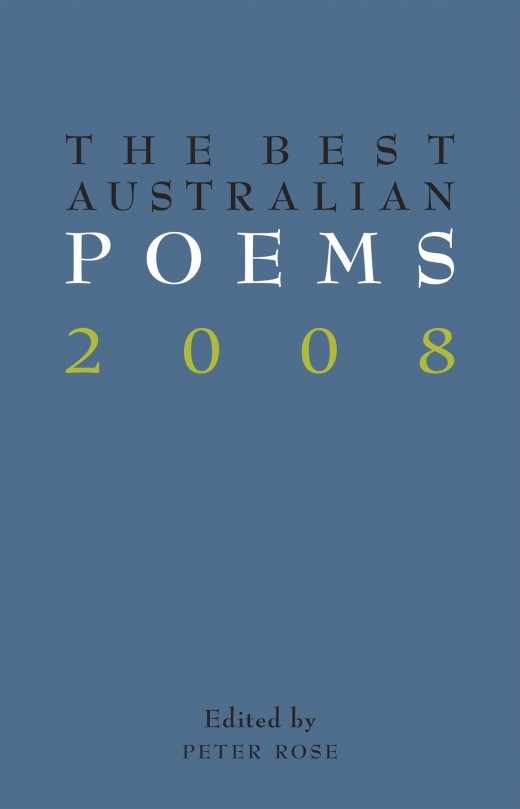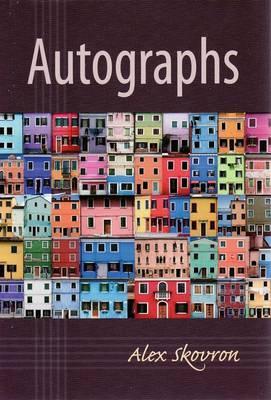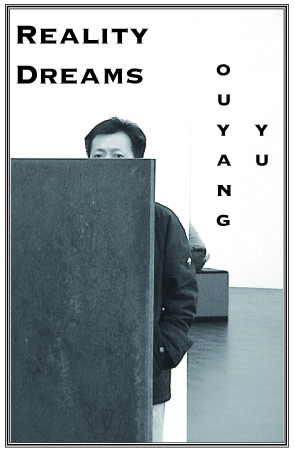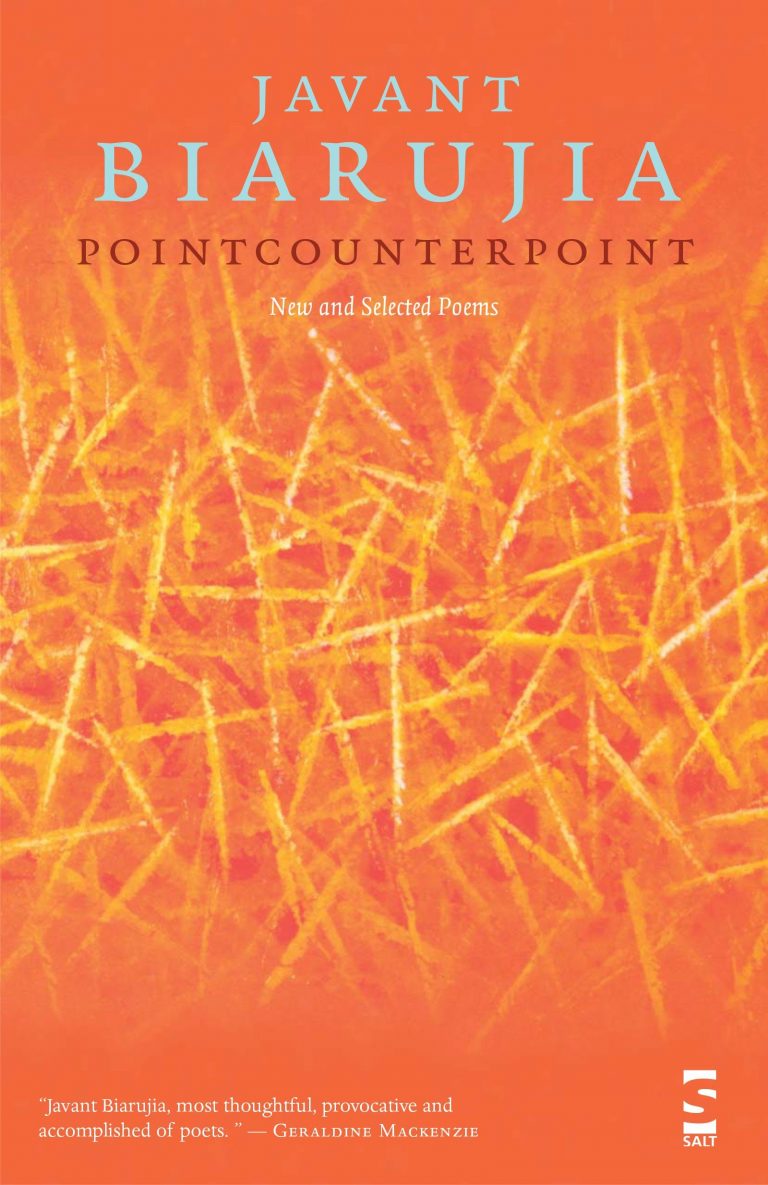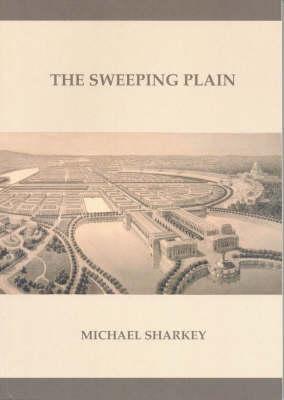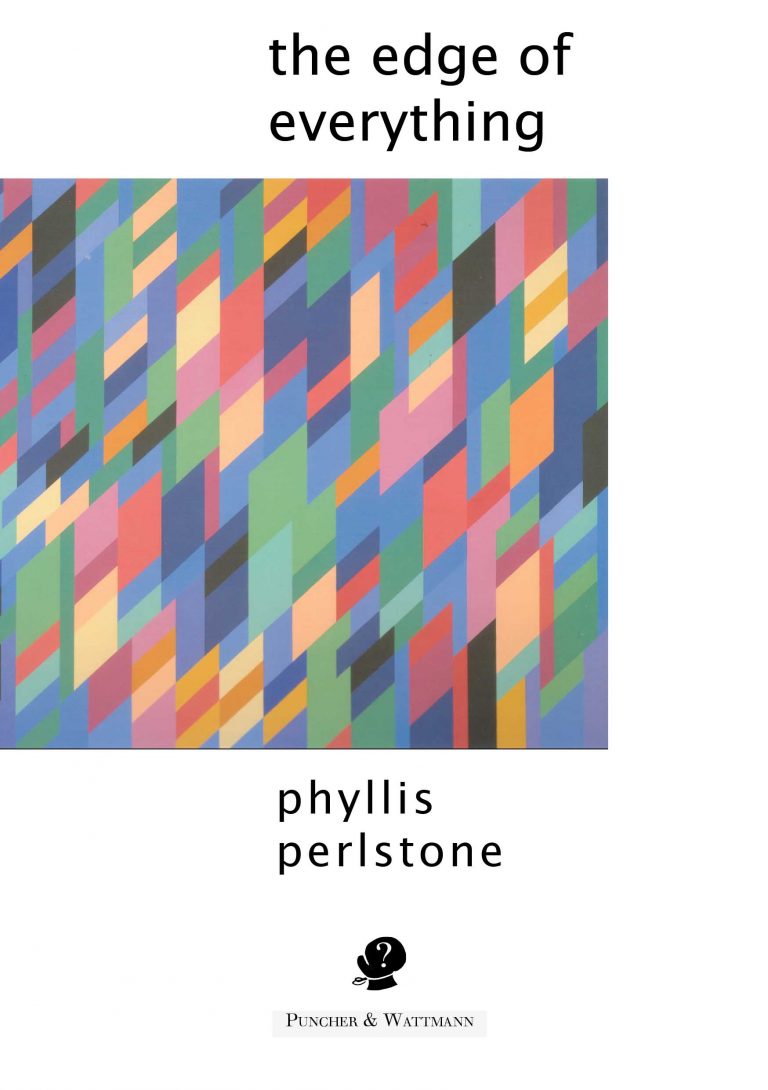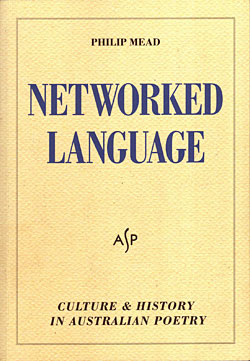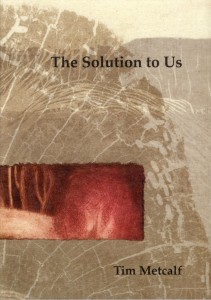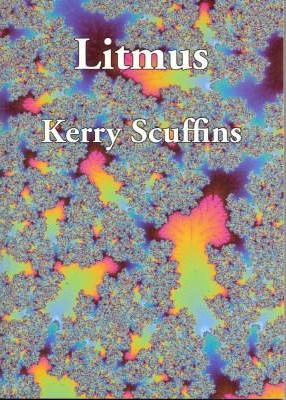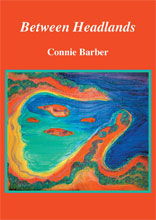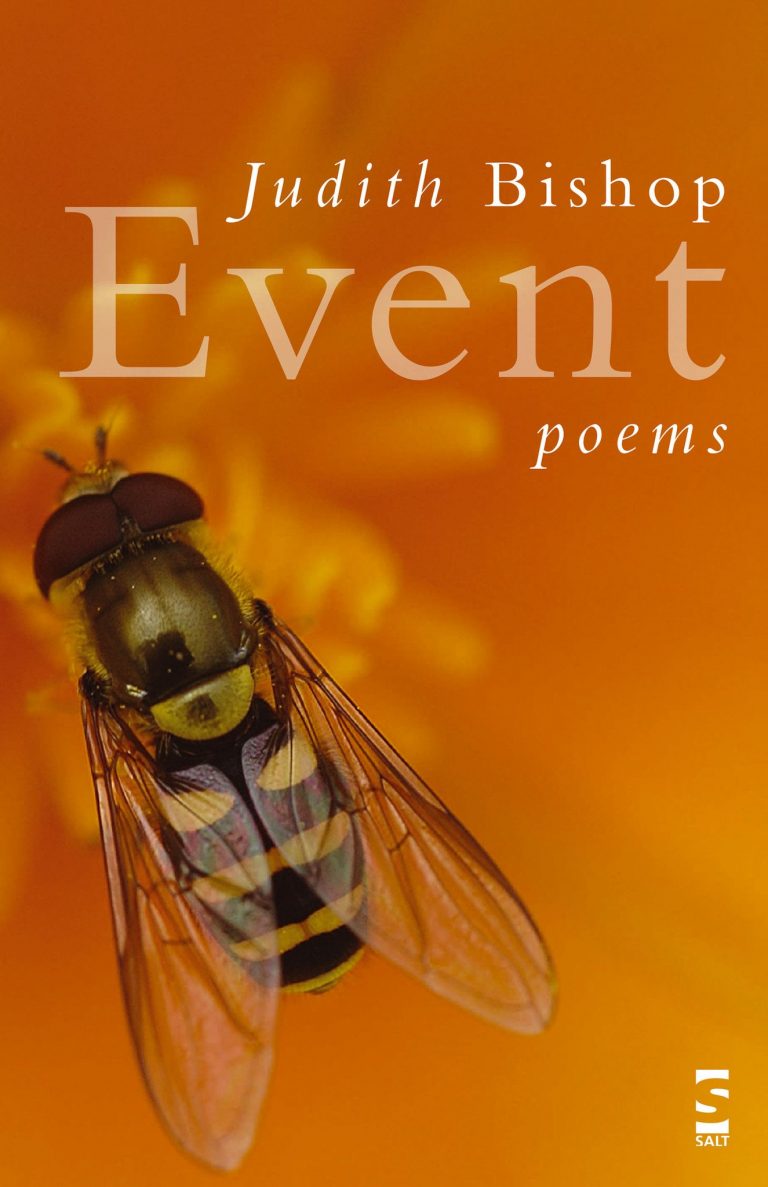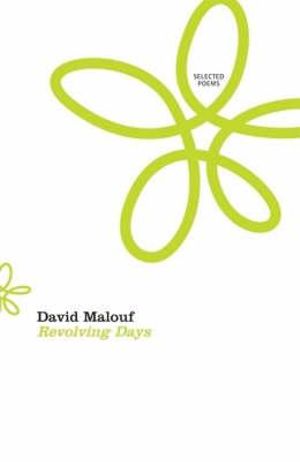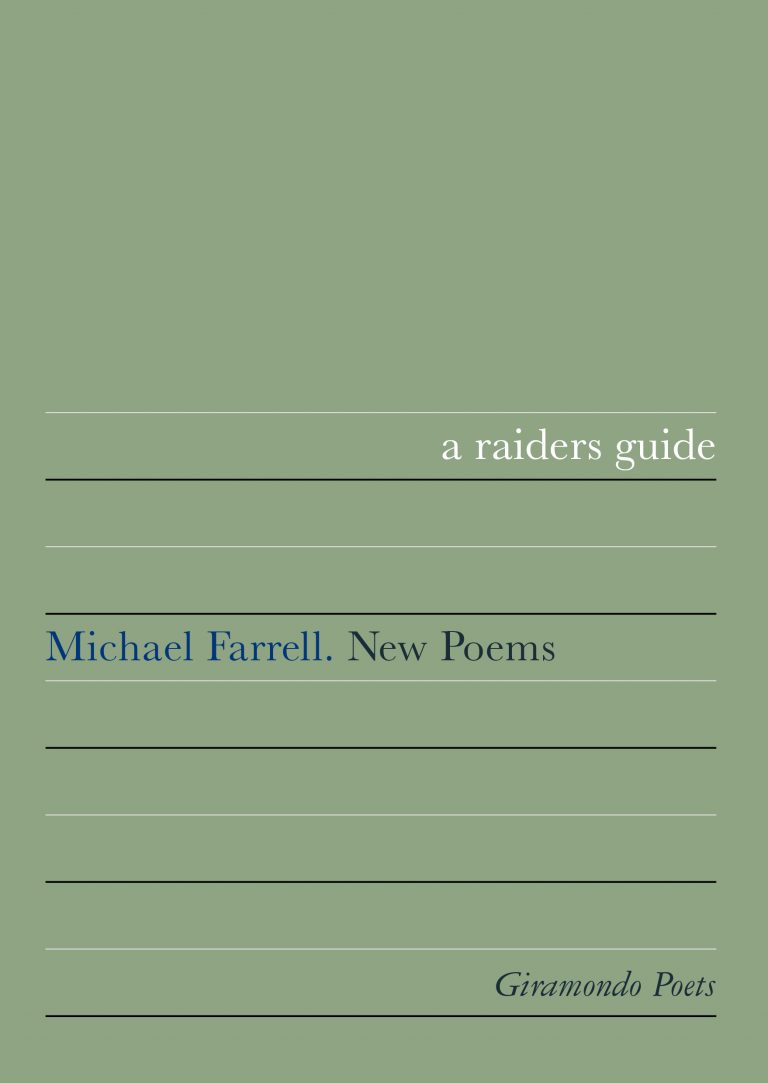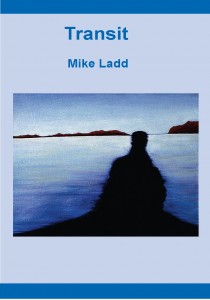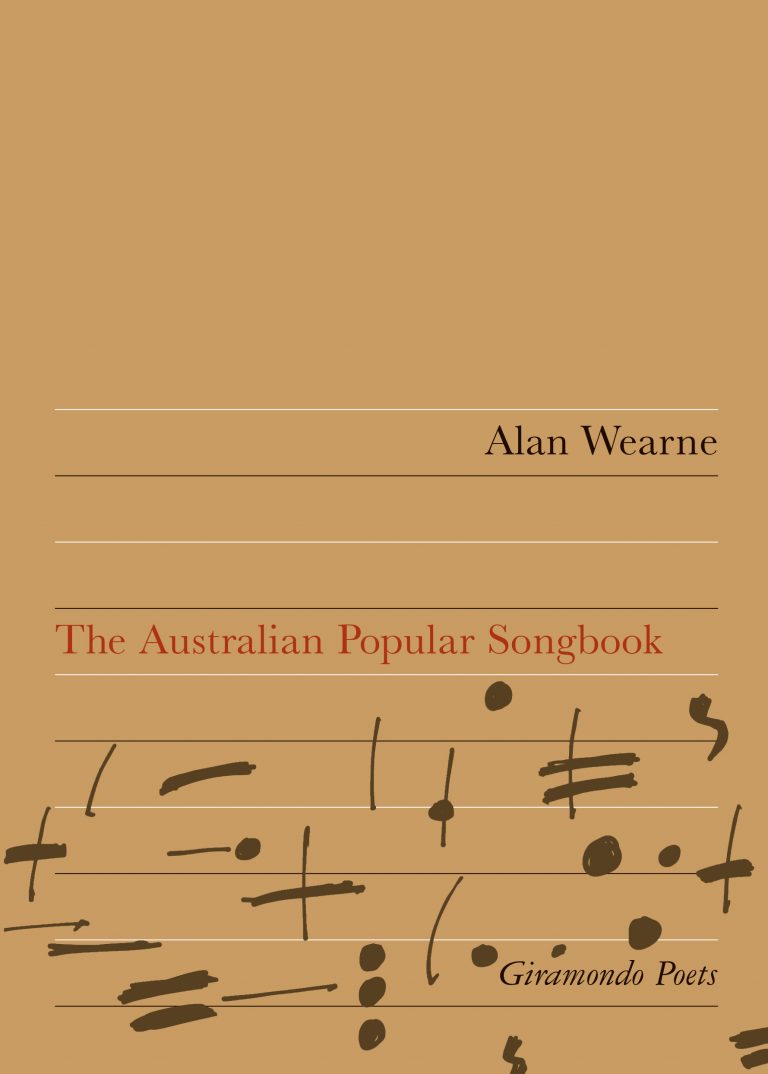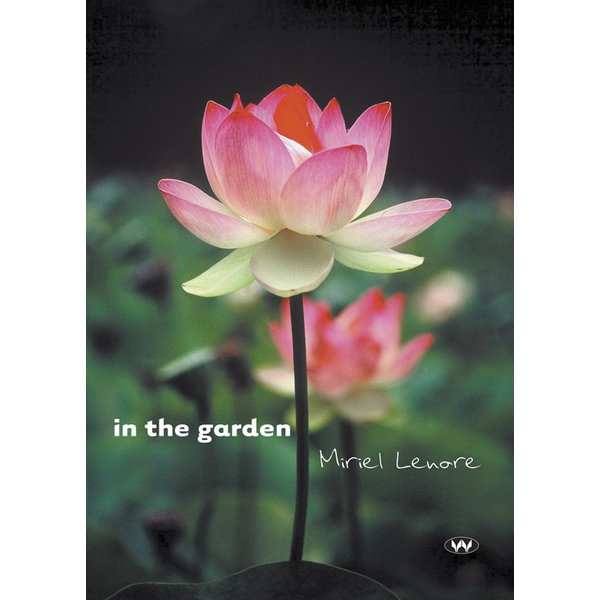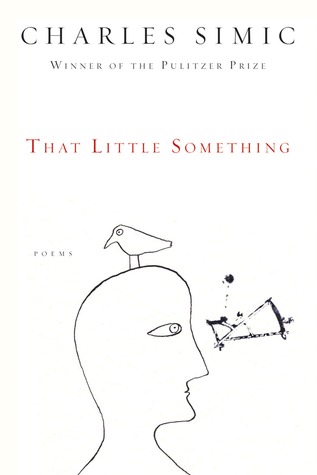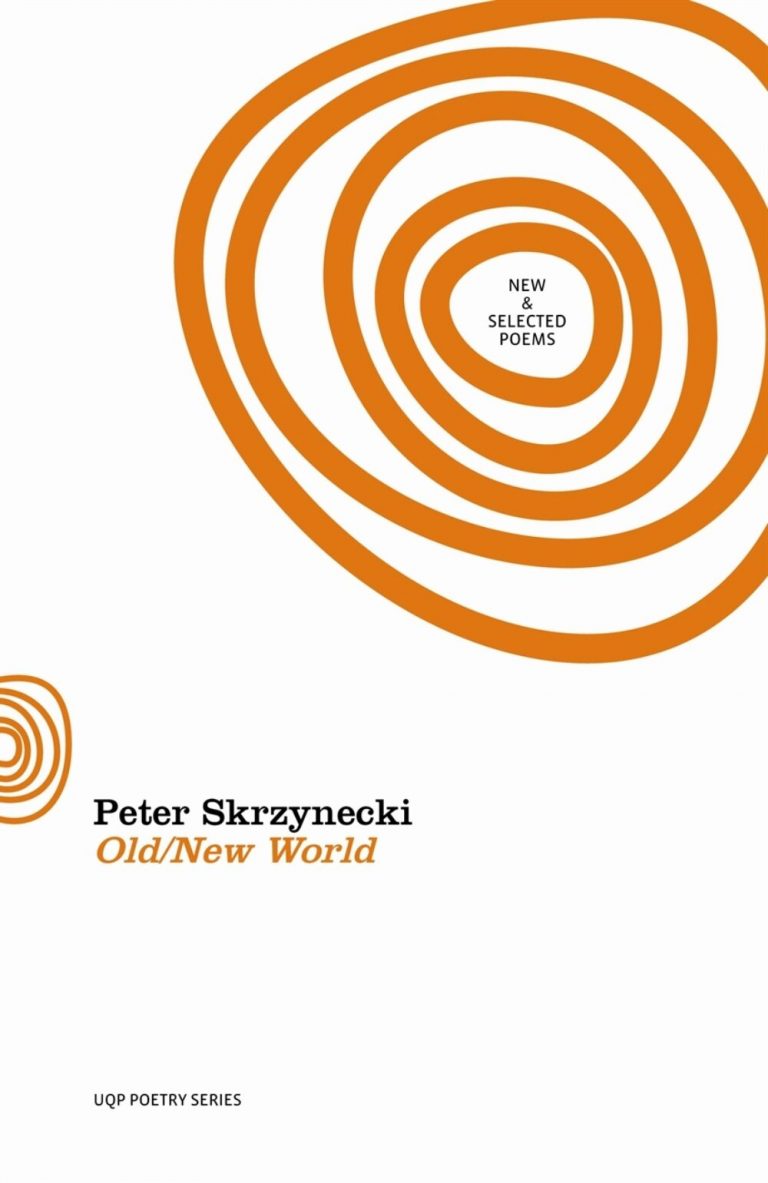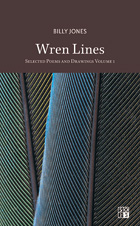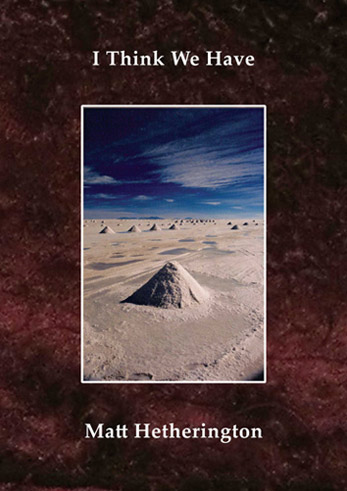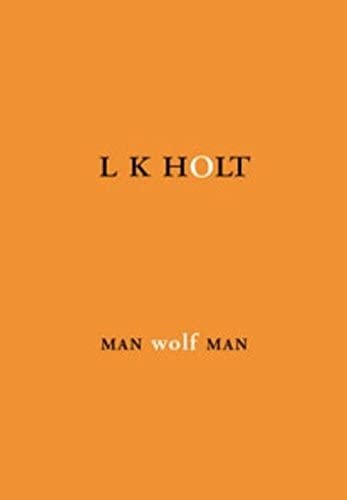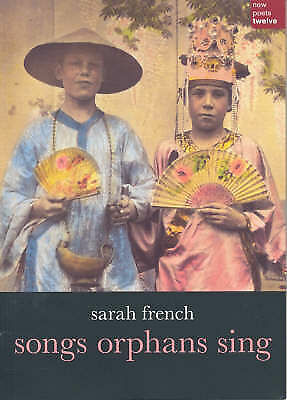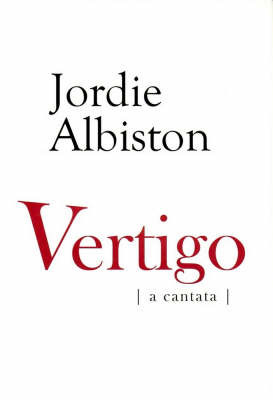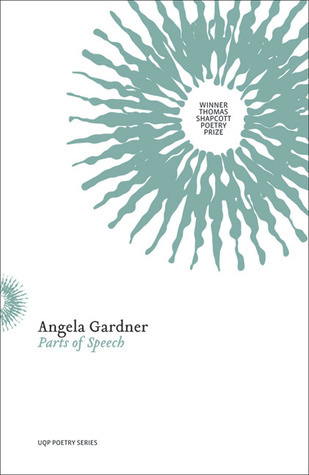BOOK REVIEWS
Ryan Scott Reviews The Best Australian Poems 2008
When an anthology purports to represent the best poetry of a time or region, it's fair to assume someone will question the validity of its publication. 'On what criteria is this judged?' some readers might wonder. 'Can poetry really have a best?' others will ask. 'Why wasn't I included?' a few may dare voice aloud.
Susan Fealy Reviews Alex Skovron
Alex Skovron is a thoughtful poet, one who confronts the complexity of living in the 21st century with its burden of human history. Of Polish-Jewish background, Skovron emigrated with his family from Poland at the age of eight and arrived in Sydney via Israel in 1958. Autographs is Skovron's fifth collection and it arrives five years after his previous collection, The Man and the Map.
Heather Taylor-Johnson Reviews Ouyang Yu
While we awaited the arrival of Ouyang Yu's The Kingsbury Tales, a small treat came in the form of Reality Dreams. It is not at all surprising that Yu has put out two books of poetry in one year; in fact he has put out three, one written in Chinese. And that does not even touch upon his fiction and non-fiction. The man must be one of the most prolific writers in Australia.
Bridie McCarthy Reviews Yvette Holt, Javant Biarujia and Martin Harrison
To read these three recently published collections of Australian poetry is to appreciate the breadth of the field, the many different modes employed within it, and the individuality of its practitioners. Radically divergent in their interests, these poets nonetheless share a strong undercurrent of compassion in their work, even though it finds varying forms of expression.
Deb Matthews-Zott Reviews Michael Sharkey
The Sweeping Plain is Michael Sharkey's fourteenth collection of poetry and follows the publication of History: Selected Poems 1978-2000 in 2002. On the cover of this collection is Eliel Saarinen's 1912 design for the Australian Federal Capital, which was runner up (second place) to Walter Burley Griffin's design in a town planning competition for our capital city.
Felicity Plunkett Reviews Phyllis Perlstone and Meredith Wattison
Phyllis Perlstone's the edge of everything, which was short-listed for the 2008 Kenneth Slessor Prize, is an imaginative cartography, its careful perceptions laying out ways of looking at the crucial ideas the book returns to: ideas about love and the ways it might fade or be lost; about violence and humanity; about perception itself, and how words work to map its contours.
Ali Alizadeh Reviews Philip Mead
Once every decade, it seems, a scholar succeeds in writing an all-encompassing account of the practice and development of poetry in modern Australia. The 1980s saw Andrew Taylor's Reading Australian Poetry; and in the 1990s we had Paul Kane's Australian Poetry: Romanticism and Negativity. Now, Philip Mead, senior lecturer at the University of Tasmania's School of English, Journalism and European Languages, has provided what is perhaps the most ambitious and provocative overview of the agonistic and at times conflicting discourses of Australian poetry in the 20th century.
Paul Mitchell Reviews Tim Metcalf
Australia is home to a number of clinician poets, including general practitioners such as Peter Goldsworthy and Shen, and mental health specialists such as Jennifer Harrison, Robyn Rowland and Doris Brett. Tim Metcalf, a GP from Bega NSW, joined their ranks in 2001 when he published his first collection, Corvus (Ginninderra Press). The book included 'Stages of Dying', winner of the 2000 WB Yeats Prize, a spare poem that offered a confronting yet tender meditation on Elisabeth Kubler-Ross's teachings about death and dying.
Lisa Bower Reviews Kerry Scuffins
Litmus measures the world's volatile climate and shows the reader the cracks beneath the surface of society. The tongue-in-cheek title of this poetry collection acknowledges the binaries of society and then smashes through them with strong language and an even stronger sense of line. Kerry Scuffins is a loud poet: her lines are broken for meaning and for sound, her metaphors are in your face, and she makes no apologies for inserting politics and her opinions into her poetry.
Nicholas Manning Reviews Judith Bishop
To speak of Judith Bishop's poetry is perhaps to speak, necessarily, of the image. Of course, in the context of 20th century poetics, this term carries within it an unfortunately thorny and convoluted lineage. From Ezra Pound's use of the concept against the Georgians to Ponge's against the Surrealists, the image has always constituted a controversial node, its problems and paradoxes traversing diverse ideological mires of competing poetic modernities.
Bev Braune Reviews David Malouf
In the very appropriately titled Revolving Days, David Malouf has put together a selection of poems that addresses the past, place and its importance to self-definition, the memory of houses emptied of family and objects yet full of what's left behind and filling up the present. The poems exhibit a quality which, with political comments more subtle than Les Murray's and longings less romanticised than Robert Adamson's, declares that the places where the emotions taken from another world rendezvous are always present and clear in comprehending the discrepancy between place-and-mind and feeling-and-emotion.
Stuart Cooke Reviews Michael Farrell
Apart from a solitary '1,' the first page of a raiders guide is blank. Note the presence of the comma. What it suggests of the pages that follow is a transience between the concrete ('.') and the absent (' '). The book's entry functions as much as a point of departure as one of beginning; we all delve into different interstices. So we come to the first poem: unanchored by a table of contents (which, along with page numbers, a raiders guide does not have) yet, unlike the rest of the poems, it is ordered into dense blocks of text.
Heather Taylor-Johnson Reviews Mike Ladd
I find it a rare and lovely treat when a poet can become androgynous, or cross over discretely from a masculine voice to one that is feminine. While some of my favourite poets are steeped entirely in one gender or the other and that, indeed, can be their strength, I do want to draw attention to Mike Ladd.
Adam Ford Reviews Alan Wearne
It seems to me that a poem should – in general – be a self-contained unit, either easily understood or a puzzle that contains the key to its solution. I'm happy to make exceptions for poems written in different eras or countries – such poems might need annotations to compensate for unfamiliar historical or cultural contexts.
Pam Brown Reviews Miriel Lenore
In response to the effects of global climate change, and probably informed by earlier exponents like natural historian Henry David Thoreau, Rachel Carson, Aldo Leopold, Eric Rolls and so on, the literary genre 'nature writing' has been re-invigorated and a new genre, 'ecopoetry', has emerged in the first decade of the twenty-first century.
Ali Alizadeh Reviews Charles Simic
An interesting aspect of Serbian-born Charles Simic's being chosen as the United States' 15th Poet Laureate is that Simic, partly due to his experience of a European childhood during the Second World War, has often been something of an 'anti-war' poet. What makes this dimension of Simic's work somewhat odd is that the United States is, of course, currently engaged in an interminable 'war on terror'.
Deb Matthews-Zott Reviews Peter Skrzynecki
Peter Skrzynecki is renowned for his poetic rendering of migrant experience, over three decades, and was awarded a Medal of the Order of Australia 'for his contribution to multicultural literature' in 2002. His Immigrant Chronicle (1975) is a prescribed text for the New South Wales HSC, which has ensured continued exposure for Skrzynecki's poetry, as well as sales of over 20,000 for Immigrant Chronicle.
Liam Ferney Reviews Billy Jones
Billy Jones is, by his own admission, 'a recluse in the forest/ with a hardon blissfully alone/ and alive to the fire of cosmic joy' (from 'Riverbank… Extracts'). This is perhaps why, despite seven collections stretched across four decades, Jones has often been ignored by anthologists.
Kristin Hannaford Reviews Matt Hetherington
I met Matt Hetherington briefly one year at the Queensland Poetry Festival, mingling in the post-reading foyer space; he impressed me as someone who was calm amidst the storm of poetry and red wine enthusiasts. He discussed his passion for haiku and I got a glimpse of the composed, almost meditative and reflective voice which infuses his poetry.
Gus Goswell Reviews LK Holt and Elizabeth Campbell
These latest releases from John Leonard Press are further evidence of this newish publisher's determination to make room for new poetic voices in Australia. Both Holt and Campbell are young, born in the first years of the eighties, and with Man Wolf Man and Letters to the Tremulous Hand respectively, Holt and Campbell have released their first full-length collections.
Briohny Doyle Reviews Five Islands New Poets Series 12
There are about 75 poets in Australia today whose first collection was published as part of the Five Islands New Poets Series. I arrive at this figure taking into account the number of years that the series has been published, allowing for what is referred to in several places as the 'slight hiccup' of 1997. If it is a little inaccurate it hardly matters.
Heather Taylor-Johnson Reviews Jordie Albiston
One might think a collection devoted entirely to a break-up could become tedious or lamentably repetitive, but Jordie Albiston ensures that each poem in Vertigo: a cantata has a unique vibrancy and separate tone. This is a book one can read again and again, since so much of it resonates with a universal experience of love and loss. But a personal identification with the book's themes would not be the only thing compelling this reviewer's return to this something-like-a-verse-novel collection; I also find its lyricism stirring.
Bev Braune Reviews Angela Gardner
Angela Gardner's Parts of Speech shows what a substantial first book of poetry is all about. Gardner has responded, above all, to an ideal opportunity to show what excites her thoughts and propels her into action as a poet. Her ability to turn that initial energy into a form of words both excites and challenges the reader.

